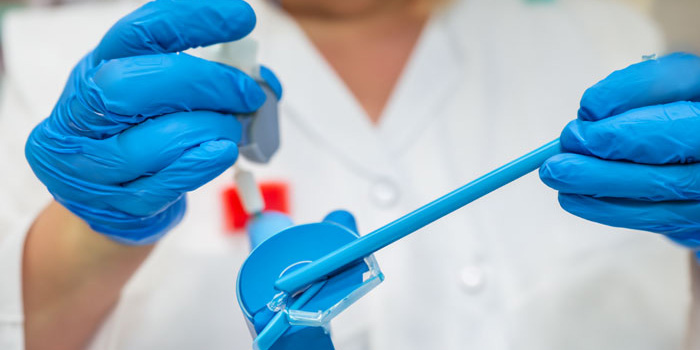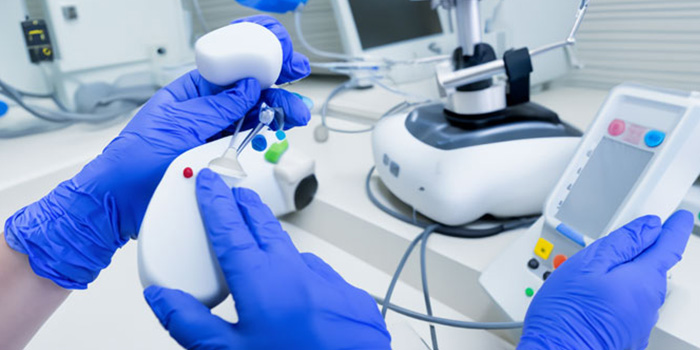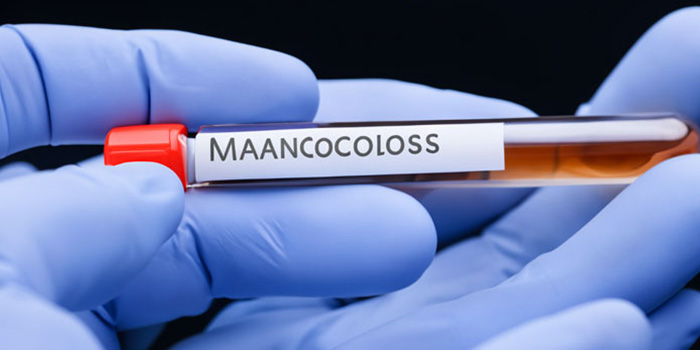
Know more about us
The Basing Lab, situated within the Department of Medical Diagnostics, College of Health Sciences at Kwame Nkrumah University of Science and Technology (KNUST), serves as a research hub dedicated to advancing healthcare solutions through cutting-edge diagnostics and comprehensive studies on Neglected Tropical Diseases (NTDs) and Sexually Transmitted Infections (STIs).
The lab's multifaceted approach integrates metabolomics, frugal development, molecular diagnostics, microfluidics, and the One Health perspective, emphasizing the interconnectedness of human, animal, and environmental health.
Research Focus Areas:
1.Frugal Development of Diagnostics:
The Basing Lab is at the forefront of developing cost-effective diagnostics, particularly lateral flow tests and other paper-based tests. These technologies aim to improve access to essential diagnostic tools, especially in resource-limited settings

2.Molecular Point of Care Diagnostics:
TLeveraging molecular techniques like LAMP and CRISPR, the lab focuses on developing point-of-care diagnostics. These advancements enable rapid and accurate detection of diseases, enhancing early intervention and improving patient outcomes.

3.Microfluidics:
The lab explores the potential of microfluidics in diagnostics, which involves manipulating small amounts of fluids on a microscale. This technology holds promise for creating efficient and portable diagnostic devices, particularly relevant in low-resource environments.

4.Neglected Tropical Diseases (NTDs):
Specialized in NTDs, the Basing Lab places particular emphasis on Skin NTDs and Soil Transmitted Helminths. Research efforts aim to understand the epidemiology, transmission dynamics, and impact of these diseases on affected communities.
.jpg)
5.Sexually Transmitted Infections (STIs):
The lab conducts in-depth research on STIs, contributing to the development of effective diagnostics, prevention strategies, and comprehensive public health interventions. This research is critical for addressing the challenges posed by STIs in both local and global contexts especially in young people.

6.One Health Perspective:
Recognizing the interconnected nature of health, the lab embraces antimicrobial resistance and the One Health approach. Research initiatives explore the links between human health, animal health, and the environment, especially in the context of disease transmission and antimicrobial resistance.

7.Metabolomics
The Basing Lab employs metabolomics to investigate the metabolic pathways associated with antimicrobial resistance and One health, discover biomarkers for the development of innovative diagnostics especially in the area of NTDs and STIs and the impact of nutrition on metabolite concentration.

8. Impact and Collaborations:
The Basing Lab's research outcomes have far-reaching implications for healthcare improvement, not only in Ghana but globally. The lab actively collaborates with local and international partners, fostering knowledge exchange and creating a synergistic platform for addressing complex health challenges.
